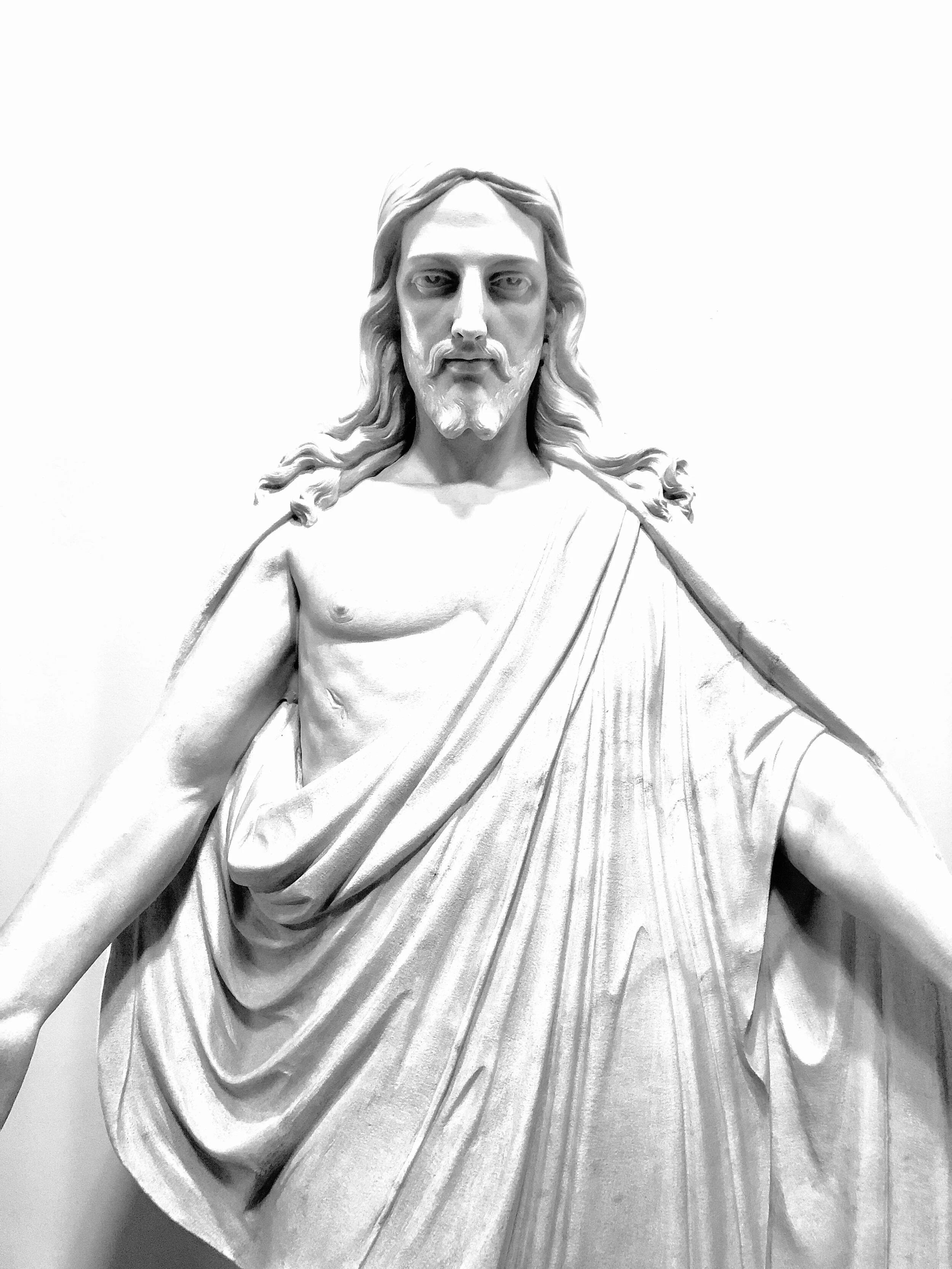![This Week's Recommendations]()
1. Whataboutism is a Mark of Foolishness: Brett McCracken explains the problem of pointing the finger at the other side, “Ultimately, whataboutism is a convenient, lazy, and destructive rhetorical tactic that shrinks Christian faith to the narrow confines of tribalism’s partisan aims.”
2. An Open Letter to a Discouraged Saint: Mike Emlet begins, “I know you are discouraged and distressed this morning. The trials and temptations you’ve faced this past week have brought you low. Suffering clouds your vision. Sin’s hangover—guilt, shame, and doubt—still pounds in your soul.”
3. Let Limitations Do Their Work: This is some excellent writing and advice from my friend John Starke. He says, “My wife said to me one evening as we were talking about some limitations we were experiencing: “Let the limitations do their work.” Yes and maybe that ought to be an ordinary mantra. Limitations shape us into something deeper than what we would have planned for ourselves.”
4. A Lent Within a Lent: A double-dose of John Starke for you. He reflects on this timely by William Willimon as it relates to Lent, “We thought that our problem was our need for freedom, for liberation. No. Our problem is thirst.”
5. 10 Questions Churches Should Ask Their Generation Z Members: I love these questions and the spirit of discovery. Here are Greg Jao’s first two questions, “Where does Christianity, as lived and taught at our ministry, seem most disconnected or remote from your life? If your friends could identify someone currently alive as their “hero,” who would it be and why?”
6. Travel Photographer of the Year: You can spend five minutes on this site of five hours. There are so many amazing photos. I was wowed by Nicolas Raspiengeas and the special mentions in the nature, sealife, and wildlife category. What are some of your favorites?














